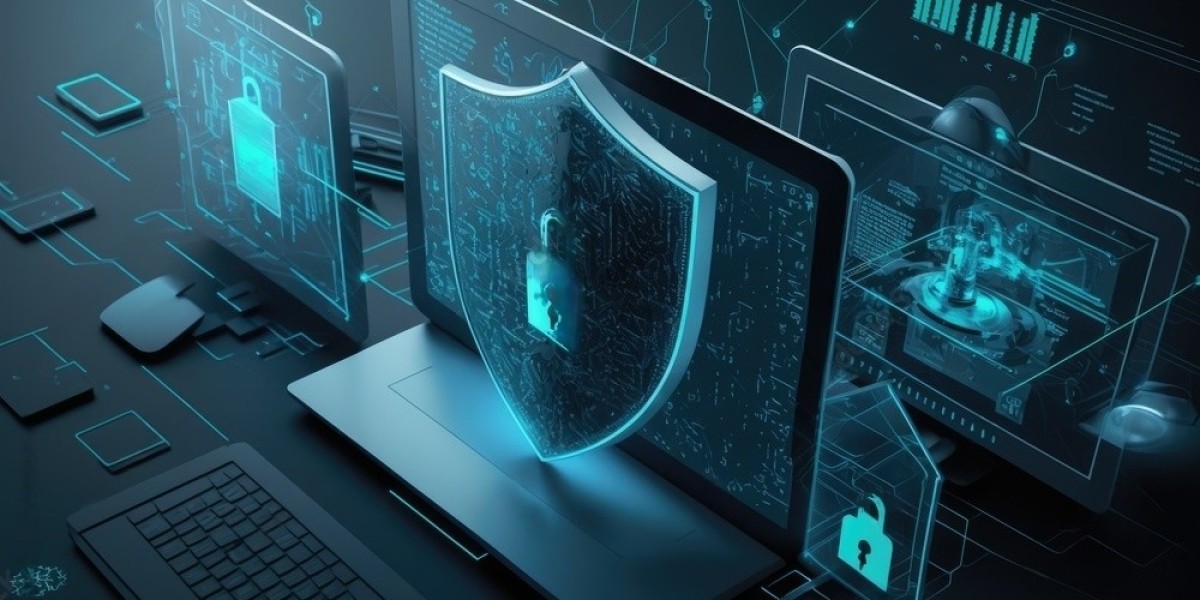Maintaining your organization's security and integrity depends on protecting corporate data. Here are some of the most crucial network security advice to protect your company's data:
Require the usage of strong passwords that are specific to each user and necessitate frequent password changes by implementing strong password policies. Multi-factor authentication (MFA) is a security measure that you might want to employ.
Firewall deployment: Employ firewalls to keep an eye on and manage incoming and outgoing network traffic. In order to help prevent unwanted access, firewalls serve as a barrier between your internal network and external sources.
Upgrade operating systems and software on a regular basis. Maintain the most recent versions of all firmware and software. Security patches that repair vulnerabilities and defend against potential exploits are frequently included in routine updates.
Do Routine Security Audits: To find weaknesses in your network infrastructure and systems, conduct routine security audits on your network. Frequent assessments assist you in staying ahead of potential risks and implementing preventative security measures.
Install intrusion detection and prevention systems (IDS/IPS): These programmes keep an eye on network traffic for any unusual activity or indications of impending attacks. They can aid in the detection and mitigation of malware infections, unauthorised access, and other security flaws.
Employ Virtual Private Networks (VPNs) to build secure encrypted connections for connecting several office sites or gaining remote access to corporate data. VPNs provide an additional degree of security, guaranteeing the confidentiality and integrity of data.
Employee Security Best Practices Education Your staff should receive security awareness training that covers phishing email detection, staying away from dubious websites, and protecting data confidentiality. To reduce human error, promote sound security procedures and offer continual training.
Safe Wi-Fi Networks: To keep your wireless networks safe, adopt network segmentation to divide guest and internal networks, use strong encryption (such WPA2 or WPA3), and change the default passwords.
Adopt a frequent backup procedure to make sure that important corporate data is safely backed up. To safeguard against data loss due to hardware failure, natural disasters, or cyber attacks, think about off-site backups or cloud-based solutions.
Create an incident response plan that outlines the actions to be performed in the event of a network security breach. A communication strategy, roles and duties, and protocols for containment, investigation, and recovery should all be part of this plan.
Keep in mind that network security is a continuous process. It needs ongoing monitoring, revisions, and adaption to new threats. Think about hiring cybersecurity experts or companies to perform thorough security evaluations and offer knowledgeable advice specific to your organization's requirements.








